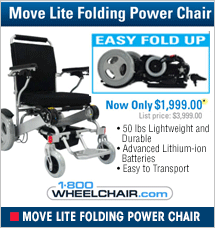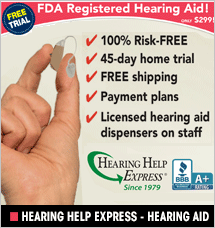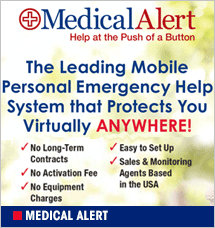Dear Pharmacist
3 Tips to Survive on Hydrocodone and Other Opioids

Vicodin and Lortab are two brand names of one of the most popular drugs in the entire world! Generically, it is called “hydrocodone with apap” where the “apap” is an abbreviation for
acetaminophen (aka Tylenol). When I worked in a busy retail pharmacy in Florida, this medication was on the fast-mover shelf because it was dispensed by the thousands each day.
Hydrocodone/apap is a prescription analgesic and in the category of “opioids” which you’ve been hearing a lot about lately. Opioids are man-made drugs intended to look similar to the naturally-produced opiates made in your body. The opioid drug binds to the receptor on a cell’s outer membrane, and unlocks a variety of feel-good, numbing compounds which relax your body, increase pleasurable feelings and suppress pain signals.
If you require this medication there are 3 important tips you should know about:
- strong>Never stop suddenly. If you’ve been supported on this medication for more than 2 weeks, do not stop suddenly. It has to be weaned. Your body has already grown tolerant to the medication and stopping suddenly could produce dangerous withdrawal effects. Step down your dose due to the downregulation of receptors that normally process important neurotransmitters such as serotonin, acetylcholine, glutamate, GABA and dopamine.
- Reduce side effects. Hydrocodone/apap (Vicodin) is known to cause constipation as its number one side effect. You can and should anticipate it and take a stool softener like docusate.
I recommend plenty of water each day, and a diet that is rich in fiber – fruits like prunes and even oatmeal. This may not help, and in that case, an over-the-counter laxative like Miralax
(polyethylene glycol 3350) or a fiber supplement like Metamucil could help.
For those of you who have been on this medication or a similar one such as Oxycodone/apap (Percocet) or Oxycontin for a long time, I would like to enlighten you that constipation is the least of your worries! There is a condition termed “Narcotic Bowel Syndrome” or NBS.
This condition causes gastrointestinal hypersensitivity. It’s terribly under-recognized! It’s never-ending and you will wind up getting CT scans, abdominal X-rays, MRIs, MRCPs, Ultrasounds, endoscopes down your throat, colonoscopies up through the bottom… and on and on! NBS is characterized by the progressive and somewhat paradoxical increase in abdominal pain despite continued or escalating dosages of narcotics prescribed in an effort to relieve the pain. I have more on this if you sign up for my newsletter at my website.- Never Drink Alcohol or Take Sleepers. Opioids are CNS depressant agents which slow everything down, including respiration. Alcohol does that too, so does Benadryl, and a host of benzodiazepine drugs. You should never combine two or more CNS depressants because it could slow your breathing down, or STOP IT completely! This is how unintended deaths occur. By the same token, herbal sedatives are also CNS depressants, so do not combine your opioid medication with magnolia bark, skullcap, lavender, California poppy, lemon balm, valerian root and others.
A licensed pharmacist for over 22 years Suzy Cohen shares the pros and cons of medication use as well as natural substitutions for most any of your health concerns. Send questions to her at www.dearpharmacist.com.



























































